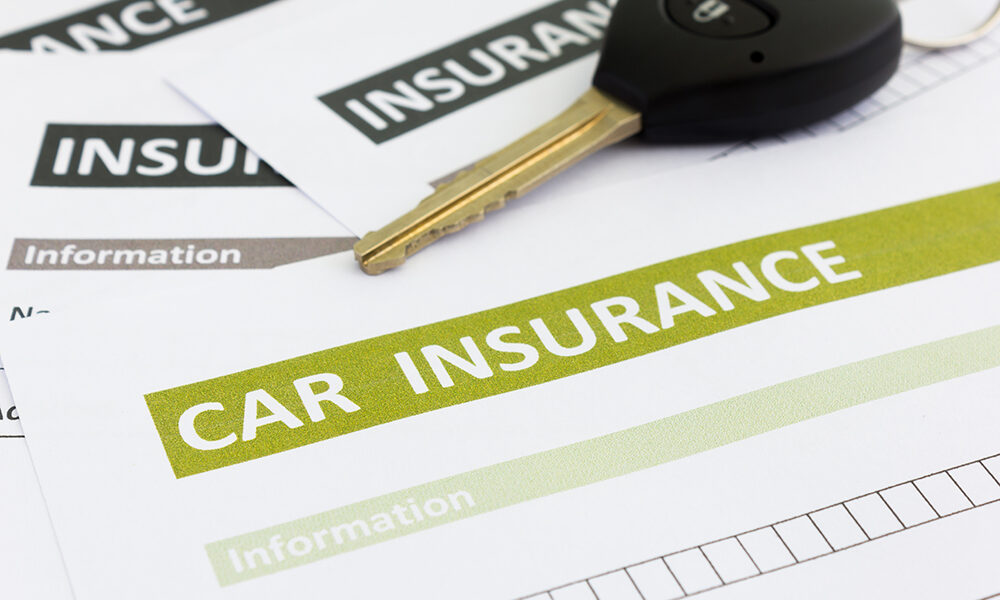Being involved in a car accident is frightening and stressful. Your priority should always be medical assistance if anyone is injured. But you also need to know the proper steps to take afterward to document the incident and initiate an insurance claim to be fully compensated for any vehicle repairs or medical bills.
Check on all parties involved
Once the collision occurs, your first action if necessary should be to call 911 to get medical help for anyone injured. Even if damage and injuries seem minor initially, it is best to have paramedics examine the scene. Move vehicles to the side of the road if possible to avoid further incidents. Stay until authorities arrive. When able, collect contact and insurance information from all drivers, passengers, and witnesses involved. Information such as name, phone, license plate, driver’s license, and insurance company names. Third-party verification of what happened is critical when documentation is available. Use your smartphone to take photos of the damage to all vehicles, skid marks on the road, injuries, traffic signs or signals, weather conditions, and anything else relevant to capturing the scene. A document will help determine liability and fault. Write down your recollections of how the accident occurred while still fresh in your mind.
File a police report
Official accident reports are essential for Insurance coverage claims, even in minor collisions. Reports establish what happened and who was at fault. Make sure to get the report number and officer contact information. Immediately after the accident, file a report with the police if they didn’t respond. It is often a very short time to report an incident, such as 24 hours or 48 hours. Provide all the details you documented and follow your insurer’s directions for bringing your car in for damage assessment. Some accident injuries like whiplash are not noticeable initially. See a doctor even after minor collisions to get thoroughly examined. Describe all your symptoms and be sure they are documented in your medical record. Your condition supports this claim. Follow the treatment orders.
Request a rental car
Ask both your insurer and the at-fault party’s insurer to provide a rental car while your vehicle is being fixed. Rental coverage varies, so you must pay out-of-pocket first and provide receipts for reimbursement. Ensure that you meet any insurance requirements for the type of rental vehicle. The other party’s insurance company contact you requesting your version of events. Do not provide any official recorded statement to them. Refer them to your insurance provider. It is in your best interest to deal only with your insurer unless you retain an attorney. Ensure thorough documentation includes photos, police reports, medical records, car repair invoices, and insurer communications. You need evidence later if facts are in dispute so everything helps. Having organized records streamlines the process.

